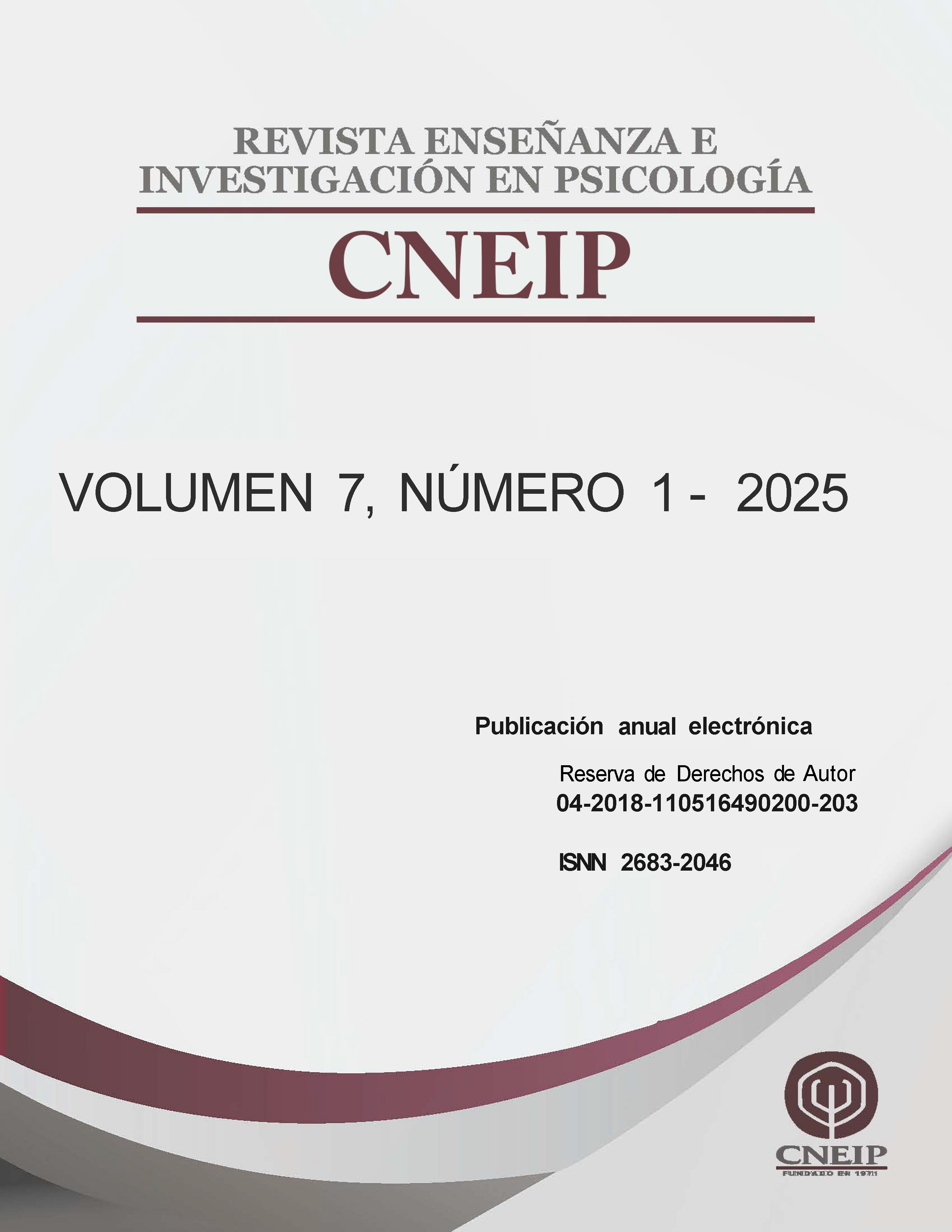Abstract
The future of work and the indispensable condition of humans as productive resources in a changing market is part of an agenda that has been announced for several years. Currently, this issue is imposed on mental health professionals due to the massive diffusion of so-called therapeutic chatbots, which have been designed to implement techniques of the cognitive-behavioral approach. This paper presents an ethical reflection on the role of chatbots in the field of psychotherapy. Likewise, it discusses the difference in the type of relationship that a person establishes with a chatbot and the human encounter that occurs in psychological treatment, the scope of both relationships, and proposes a review of how the notions of thought and learning play in people and in AI in the face of the ethical debate in the evaluation of these technologies
References
Eilenberger, W. (2023). Tiempo de Magos. La gran década de la filosofía 1919–1929. Norma.
Matthias, A. (2015). Robot Lies in Health Care: When Is Deception Morally Permissible? Kennedy Institute of Ethics journal, 25(2), 169–192. https://doi.org/10.1353/ken.2015.0007
Melo Junior, S., Leite de Aguiar, C., Kalyne Silva da Cunha, L., & Rodrigues Brustolin, J. C. (2024). La interacción hombre-máquina en psicoterapia. Una revisión sistemática sobre el uso de inteligencias artificiales en el contexto de la salud mental. Prometeica, (29), 335-347. DOI: https://doi.org/10.34024/prometeica.2024.29.16268
Turkle, S. (2017). En defensa de la conversación. El poder de la conversación en la era digital. Áticos de los Libros.

This work is licensed under a Creative Commons Attribution-NonCommercial-NoDerivatives 4.0 International License.
Copyright (c) 2025 Enseñanza e Investigación en Psicología





